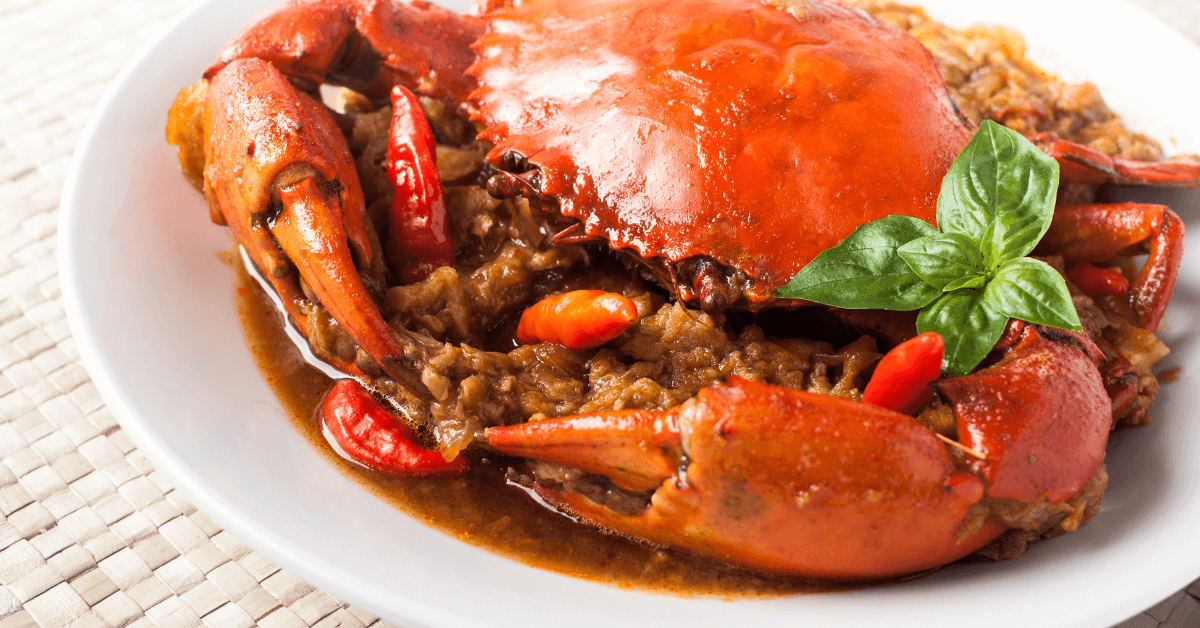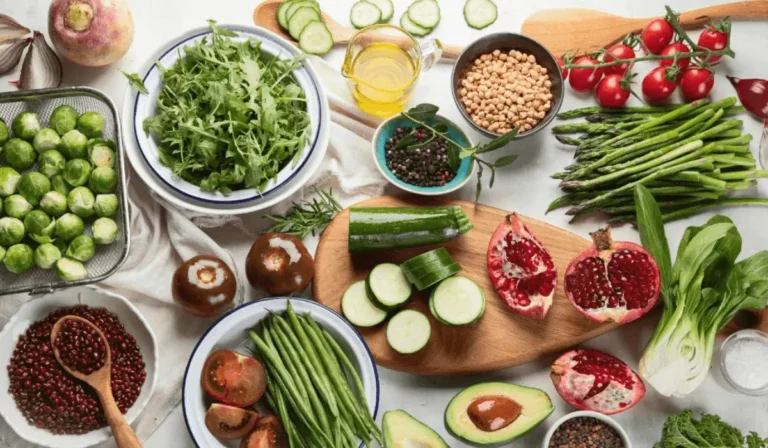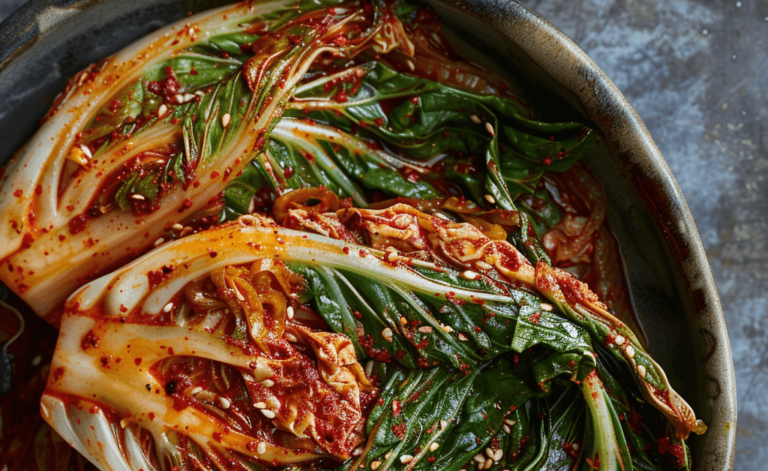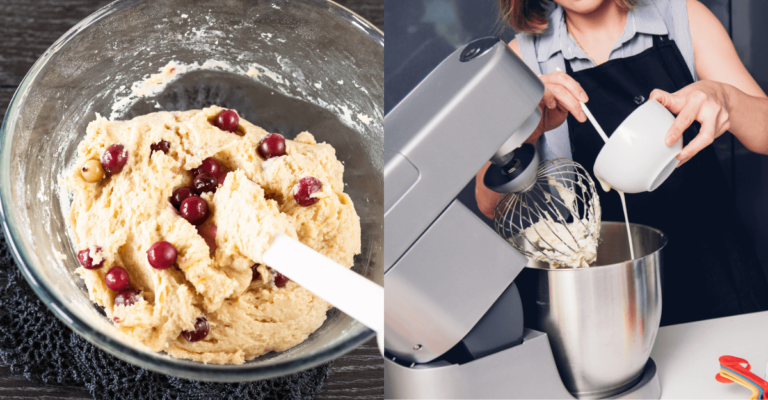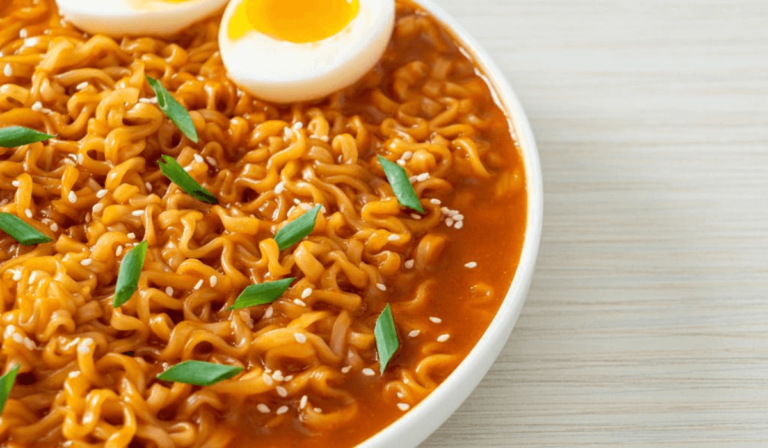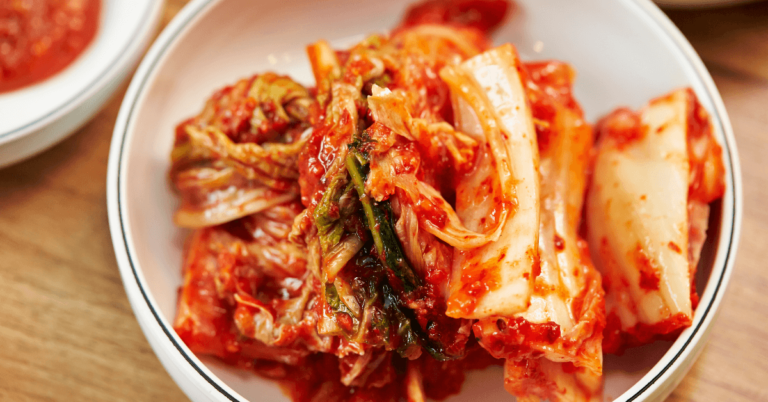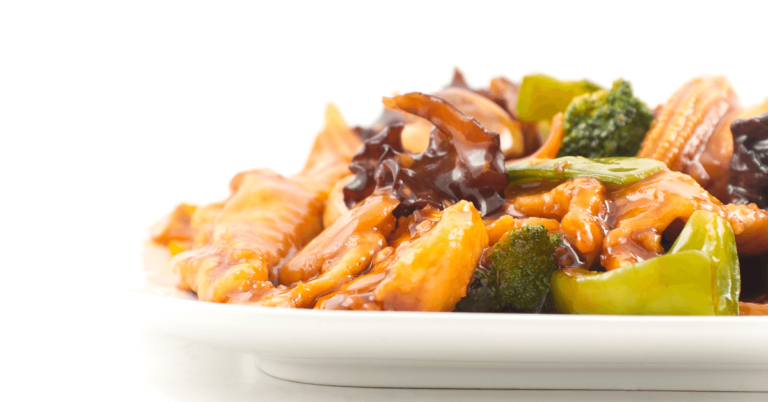Part 1: Introduction to Crab Meat Benefits
Ever wondered if crab meat is more than just a tasty treat? Well, you’re in for a surprise! This seafood star is not only delicious but also packs a punch in the health department.Crab Meat Benefits
Let’s start with the basics: crab meat is a fantastic source of protein. But here’s the kicker – it’s low in fat, making it a heart-friendly choice. Now, you might think, “Is that all?” Far from it! Crab meat is also rich in Omega-3 fatty acids and Selenium. These nutrients are superheroes for your heart and immune system.
But wait, there’s more! Crab meat isn’t just about nutrition. It’s a culinary chameleon, fitting into a variety of dishes from around the world. Whether it’s in a classic crab cake or a spicy curry, crab meat brings a unique flavor that’s hard to beat.
So, is crab meat good for you? Absolutely! It’s a blend of great taste and health benefits. As we explore its nutritional profile next, you’ll see why crab meat is not just good, but a great choice for your diet. Stay tuned!
Part 2: Nutritional Profile of Crab Meat
Now, let’s get into the nitty-gritty of what makes crab meat a nutritional powerhouse. You might be thinking, “What’s in crab meat that makes it so special?” Well, the answer lies in its impressive nutrient profile.
First off, crab meat is an excellent source of high-quality protein. This isn’t just any protein; it’s easily digestible and perfect for all ages. But protein is just the tip of the iceberg. Crab meat is also low in fat, making it a heart-healthy choice. And guess what? It’s virtually carb-free, which is great news for those watching their carb intake.
But there’s more to crab meat than just protein and low fat. It’s packed with vitamins and minerals that are essential for our body. For instance, it’s rich in Omega-3 fatty acids, known for their heart-protective properties. These aren’t just any fatty acids; they’re the long-chain type, which our bodies can use right away.
And let’s not forget
about Selenium. This mineral is a big deal because it plays a crucial role in our body’s antioxidant defense system. It helps prevent damage to cells and tissues – pretty important, right? Plus, Selenium is vital for a healthy immune system and thyroid function.
So, to sum it up, crab meat is more than just a tasty seafood option. It’s a nutritional gem, offering a unique combination of high-quality protein, essential fatty acids, and vital minerals. As we move on to the health benefits of crab meat, you’ll see why incorporating it into your diet can be a game-changer for your health. Stay tuned!
Part 3: Health Benefits of Crab Meat
Crab meat isn’t just delicious; it’s a health powerhouse too. Ever wondered, “What’s so great about crab meat for my health?” Let’s break it down.
Heart Health and Omega-3 Fatty Acids
First up, crab me
at is fantastic for your heart, thanks to its Omega-3 fatty acids. These fats are superstars in heart health, helping to lower blood pressure and reduce the risk of heart disease. So, adding crab meat to your diet is like giving your heart a little extra love.
Role of Selenium in Antioxidant Defense
Next, let’s talk about Selenium. This mineral in crab meat is a big deal for your body’s defense system. It fights off harmful free radicals, keeping your cells safe and sound. This means a stronger immune system and better overall health.
Benefits of Ri
boflavin (Vitamin B2)
Crab meat is also rich in Riboflavin, or Vitamin B2. This vitamin is essential for making red blood cells and keeping your skin, eyes, and nerves healthy. It’s especially important for those who are active, as it helps turn food into energy.
Importance of Copper and Phosphorus
Lastly, crab meat is a good source of Copper and Phosphorus. Copper helps your body absorb iron and keeps your blood vessels and nerves healthy. Phosphorus is key for strong bones and teeth and helps your body use the energy from food.
So, is crab meat good for you? Absolutely! With its heart-healthy fats, cell-protecting Selenium, energy-boosting Riboflavin, and bone-strengthening minerals, crab meat is a nutritional gem. Next, we’ll explore how crab meat fits perfectly into a balanced diet. Stay tuned!
Part 4: Crab Meat in a Balanced Diet
Wondering how to fit crab meat into your diet? It’s easier and more beneficial than you might think!
Adding Crab Meat to Your Meals
Crab meat is super versatile. Toss it in salads, stir it into soups, or make it the star of your pasta dishes. The trick is to enjoy it in moderation. Mix it up with veggies, grains, and other proteins for a balanced meal.
How Much Crab Meat Should You Eat?
Aim for seafood like crab meat twice a week. A good serving size is about 3 to 4 ounces – think of the size of a deck of cards. This way, you get all the goodness without overdoing it.
Watch Out for Allergies and Sodium
If you’re new to crab meat, start small to check for allergies, as shellfish reactions are common. Also, if you’re keeping an eye on your salt intake, be mindful of the sodium levels, especially in canned crab meat.
In a nutshell, crab meat can be a tasty and nutritious part of your diet. It’s easy to include in various dishes and brings a bunch of health benefits to the table. Up next, we’ll dive into the culinary world of crab meat – get ready for some delicious ideas! Stay tuned!
Part 5: Culinary Aspects of Crab Meat
Crab meat isn’t just nutritious; it’s a culinary delight! If you’re thinking, “How can I cook with crab meat?” you’re in for a treat. Let’s explore the delicious ways to bring this seafood into your kitchen.
Popular Crab Dishes and Recipes
Crab meat shines in a variety of dishes. Classic crab cakes are a crowd-pleaser, but there’s so much more. How about a rich crab bisque or a fresh crab salad? For something more exotic, try crab curry or crab-stuffed ravioli. The possibilities are endless!
Cooking Methods and Flavor Pairings
Crab meat is versatile when it comes to cooking methods. You can steam, bake, sauté, or even grill it. It pairs beautifully with a range of flavors – think garlic, lemon, and herbs for a start. And don’t forget, a little butter goes a long way in bringing out its natural sweetness.
Preservation and Storage of Crab Meat
Fresh crab meat is best, but you can also find quality canned or frozen options. If you’re using fresh crab, store it in the coldest part of your fridge and use it within a couple of days. For canned or frozen crab, follow the storage instructions on the package to ensure it stays delicious.
In summary, crab meat is a versatile and flavorful ingredient that can elevate your cooking. Whether you’re a seasoned chef or a home cook, there’s a crab dish for everyone. Next, we’ll look at the environmental and ethical considerations of crab meat, ensuring you make informed choices. Stay tuned!
Part 6: Environmental and Ethical Considerations
Thinking about the bigger picture when enjoying crab meat is crucial. Let’s tackle the question, “What’s the impact of eating crab meat on the environment?”
Sustainable Fishing for Crab
Sustainability is a big deal in seafood. For crab, this means choosing products from fisheries that don’t harm other sea life or habitats. Look for labels like the Marine Stewardship Council (MSC) to ensure you’re making a sustainable choice.
Ethical Harvesting Practices
Ethical harvesting is all about treating crabs well and ensuring fair labor practices. It’s important to respect the crabs’ life cycle and avoid overfishing. When you pick ethically sourced crab meat, you’re supporting healthy oceans and the communities that rely on them.
Protecting Marine Ecosystems
Crab fishing can affect marine ecosystems, especially if it’s not done right. Overfishing can upset the balance of the ocean, harming other species. By choosing crab meat from sustainable sources, you’re helping to protect our oceans.
In short, being mindful of where your crab meat comes from matters. By choosing sustainable and ethical options, you can enjoy this tasty seafood while caring for our oceans and marine life. Next up, we’ll answer some common questions about crab meat in our FAQs section. Stay tuned!
Part 7: FAQs About Crab Meat
In this final section, let’s address some common questions about crab meat. Whether you’re a crab connoisseur or new to this seafood, these FAQs will provide valuable insights.
Is Crab Meat Good for Weight Loss?
Yes, crab meat can be a great choice for weight loss. It’s high in protein and low in calories, making it filling and satisfying. Plus, its low fat content means you can enjoy it without worrying about extra calories.
Can People with High Cholesterol Eat Crab Meat?
In moderation, yes. While crab meat does contain cholesterol, it’s also rich in Omega-3 fatty acids, which are beneficial for heart health. As with any food, balance and moderation are key.
How Do You Know if Crab Meat is Fresh?
Fresh crab meat should have a mild, sweet smell. It should look moist and have a bright, even color. If it smells fishy or looks discolored, it’s best to avoid it.
Can You Freeze Crab Meat?
Absolutely! Freezing is a great way to preserve crab meat. Make sure it’s wrapped tightly or stored in an airtight container. Properly stored, it can last in the freezer for up to three months.
Is Crab Meat Safe for Pregnant Women?
Yes, but it should be eaten in moderation and fully cooked. Crab meat is a good source of protein and Omega-3 fatty acids, which are beneficial during pregnancy. However, it’s important to ensure it’s fresh and properly prepared.
In conclusion, crab meat is not only delicious but also packed with nutritional benefits. Whether you’re looking to add variety to your diet, seeking health benefits, or just love seafood, crab meat is a fantastic choice. Remember to consider sustainability and ethical sourcing to enjoy this delicacy responsibly. Happy crabbing!
Are There Any Allergic Reactions to Consider with Crab Meat?
Yes, crab meat falls under shellfish, a common allergen. If you’re trying crab for the first time, start with a small amount. Symptoms of a shellfish allergy can range from mild to severe, so it’s important to be cautious.
How Can Crab Meat Be Included in a Vegetarian Diet?
Crab meat isn’t suitable for a vegetarian diet as it’s a type of seafood. However, for pescatarians (those who include fish in their diet), it’s an excellent protein source.
What Are the Best Ways to Cook Crab Meat?
Crab meat can be steamed, boiled, grilled, or sautéed. It’s versatile in recipes, from salads and sandwiches to soups and main courses. The key is not to overcook it, as it can become tough.
Is Crab Meat Sustainable?
It can be, depending on the source. Look for crab meat certified by sustainable seafood organizations like the Marine Stewardship Council (MSC). This ensures that the crab was harvested in a way that supports healthy oceans.
Can Kids Eat Crab Meat?
Yes, crab meat is safe for kids and a great way to introduce them to seafood. It’s high in protein and essential nutrients beneficial for growth and development. As with any new food, start with small amounts to check for any allergic reactions.
In wrapping up, crab meat offers a unique combination of flavor and nutrition, making it a valuable addition to many diets. Whether you’re exploring new culinary horizons or focusing on healthful eating, crab meat is a versatile and delicious choice. Remember to always consider sustainability and ethical practices when purchasing seafood, ensuring a positive impact on both health and the environment.
if you ant read more about crab meat click here.

